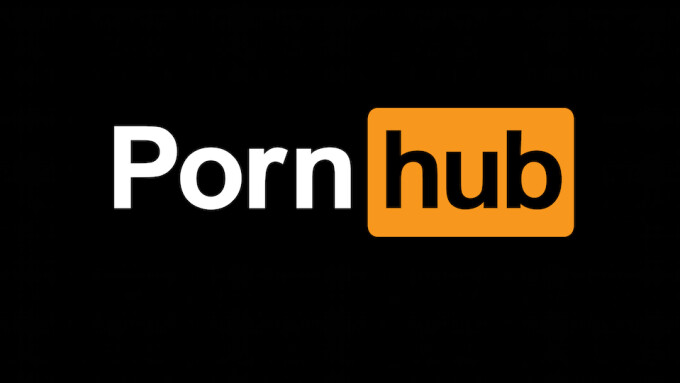MONTREAL — MindGeek has responded to the massive civil lawsuit filed yesterday by a group of attorneys, headed by a former lawyer for Donald Trump and Jerry Falwell Jr. on behalf of women whose videos were uploaded onto Pornhub by third parties, by reiterating their commitment to “eradicating illegal content" and by having implemented earlier this year “the most comprehensive safeguards in user-generated platform history."
MindGeek responded to the lawsuit yesterday through a statement to CBS News, which published a fully reported piece on the very same morning that Michael J. Bowe and the other attorneys for 34 plaintiffs filed.
MindGeek called the lawyers’ allegations that it is not a business but a criminal enterprise — which repeatedly refer to fictional pop culture movies about the mafia, stating that the adult business is “like the Sopranos” and calling its executives and investors “the bosses” — "utterly absurd, completely reckless and categorically false."
MindGeek told CBS that the company has "banned uploads from unverified users, eliminated downloads, expanded our moderation processes and partnered with dozens of nonprofit organizations around the world, steps that surpass those of any other major platform on the internet."
Bowe: The Porn Industry was 'a Red Light District'
The CBS News report, which includes both video and print versions featuring extensive interviews, appears to have been prepared with insider knowledge of the lawsuit's content and allegations. It prominently features accounts of women alleging that videos were made when they were minors or unable to consent and then uploaded online by third parties, with Bowe asserting the women are thereby victims of "sex trafficking" by Pornhub.
Section 230 shields companies from most liability from third-party content uploaded to their platforms, but the "trafficking" language suggests Bowe may be trying to invoke the FOSTA/SESTA exception to the so-called "first amendment of the internet."
According to CBS News, Bowe insists that “his goal isn't to ban online pornography, but rather, to force it to comply with regulations.”
"This case is not about porn, it's about rape,” he said. “This is a legitimate industry that consenting people have every right to participate in. It just needs to be done legally and not with illegal content."
Bowe explicitly said that he considered the “traditional porn industry” to have been a “red light district” before the advent of tube sites, and that he would like to see it segregated from other destinations on the web.
A (Rare) Accurate Mainstream Characterization of Mickelwait and Exodus Cry
Unlike the sensationalistic New York Times article by Nicholas Kristof that began the current onslaught against MindGeek and Pornhub, and the several pieces that followed in the mainstream media that echoed its lack of contextualization about the religiously motivated War on Porn, CBS News actually included this important factual information.
“Some of the victims in the lawsuit told CBS News they joined after they discovered their non-consensual videos on Pornhub and reached out to an activist named Laila Mickelwait,” the report states, correctly characterizing her. “In 2020, Mickelwait founded a campaign called Traffickinghub which started a petition to 'Shut Down Pornhub.''
Traffickinghub, CBS News continued, says it's "powered by" a religious organization called Exodus Cry, which has been criticized for its efforts to criminalize parts the sex industry and abolish pornography altogether. On its website, Exodus Cry advocates for laws to "'end the sex industry’ and ‘reduce the demand for commercial sex.’”
Lawyer Calls for 'Oversight' of Porn Industry
But Bowe still claims that “this is not about pornography” and claims MindGeek “skirted rules that have long been in place to protect actors in the ‘traditional’ porn industry, which requires producers to verify the age and identities of the people featured in videos.”
"The online porn industry has essentially been the 'red light district' of commerce," Bowe said. "This new industry of online porn, for the last 10 years, has been allowed by law enforcement, government entities, to operate by a different set of rules. Basically, no rules or oversight."
Bowe apparently did not explain to CBS News what he means by “oversight,” or whether the government or the state should be in charge of it, or which branch of the government or state, for that matter. He has also not stated who would be in charge of deciding how to separate “this new industry of online porn” from any other kind of online business.








